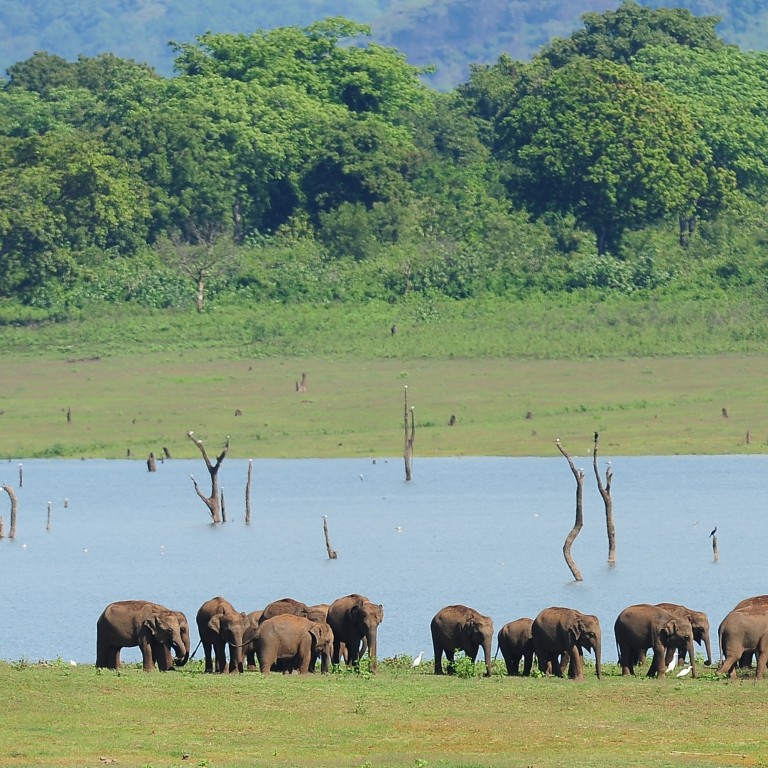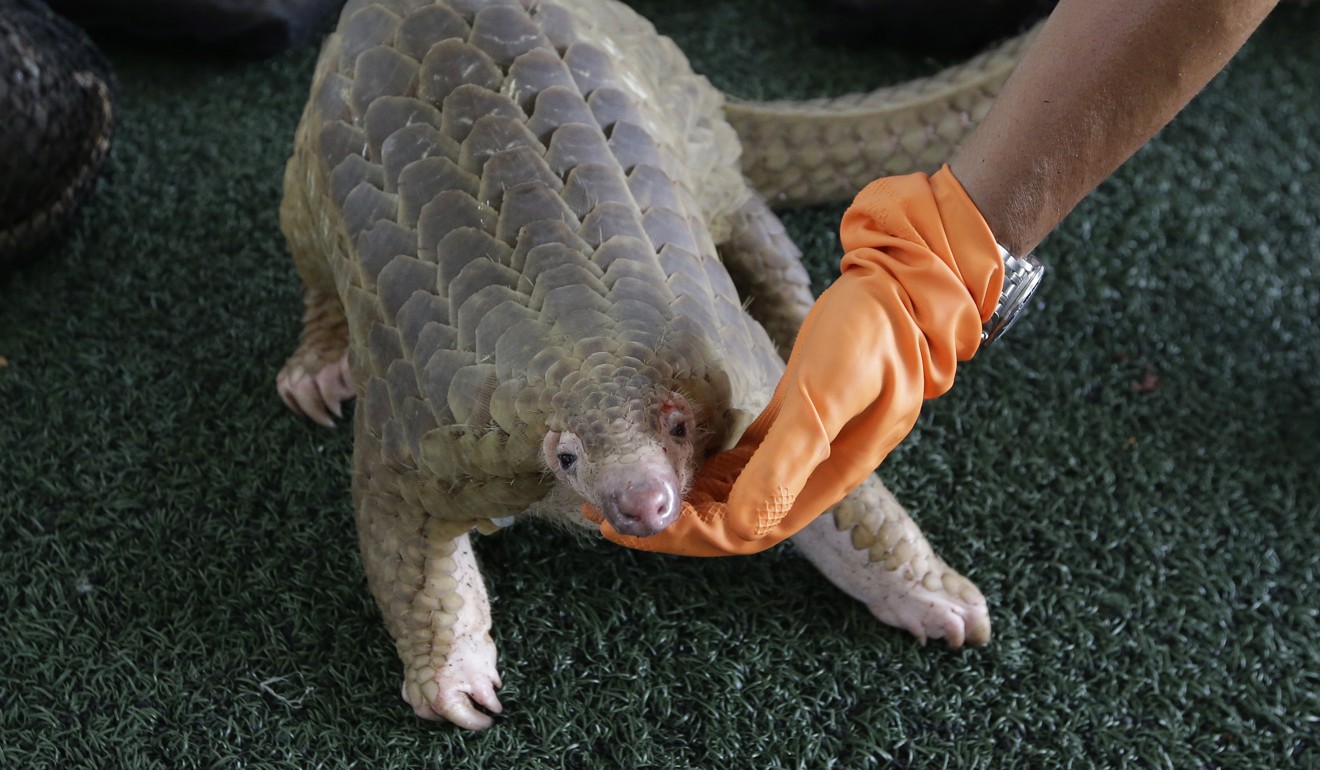
Hong Kong wildlife officers among thousands forced to cancel trip to Sri Lanka conservation conference after terrorist attacks
- Part of China’s planned delegation, the officers were to attend the World Wildlife Conference, a three-yearly, 12-day summit
- But the Colombo gathering has been postponed after coordinated bombings hit the country on Easter Sunday
Four Hong Kong wildlife officers were among thousands of people from more than 180 countries forced to cancel or push back a trip to the world’s largest conference on endangered species, after terrorist attacks in the host country, Sri Lanka, caused its postponement.
The World Wildlife Conference, a three-yearly, 12-day summit on the Convention on International Trade in Endangered Species of Wild Fauna and Flora (CITES), was scheduled to begin on May 23 in the capital, Colombo.
CITES is the international treaty that regulates cross-border trade in more than 36,000 species of plants and animals with a permit system. Representatives from 182 member countries plus the European Union were to consider proposals to protect wild animals and plants from overexploitation and illegal trade during the conference.

On April 26, CITES secretary general Ivonne Higuero, announced that the meeting would be postponed to an unconfirmed date.
“This decision has been taken out of respect for the victims of the recent attacks and the recognition by the standing committee, the secretariat and the United Nations Department of Safety and Security of the time needed for the government of Sri Lanka to address the current situation in the country,” she said, adding that it would monitor the situation closely.
According to Hong Kong’s Agriculture, Fisheries and Conservation Department, four officers, including two directorate officers and two professional officers, were to join the conference as members of the Chinese delegation, as during previous conferences.
Hong Kong’s diverse wildlife the star of photo exhibition
A spokeswoman said it would keep a close eye on developments “and participate in the meeting as far as practicable”.
The department will hold briefing sessions for traders on May 3 about proposals for amendments on the level of protection for species such as rhinos, lizards and turtles and dried marine products such as shark fin and crocodile meat, which were to be discussed at the conference.
The Colombo conference was expected to be the largest conference in CITES history, and was expected to receive more than 3,000 participants.
The Sri Lankan government was hoping, as the host, to present its tourism assets and biodiversity to participants, citing examples of its wildlife parks with thousands of elephants, seas teeming with whales and dolphins, and forests with endangered species.
During the previous conference, in Johannesburg in 2016, some milestone decisions were made to increase protections of specific endangered species, such as uplisting all species of pangolin, the world’s most trafficked mammal, to Appendix I, the highest protection level, protecting the species from all commercial international trade among its member states.
